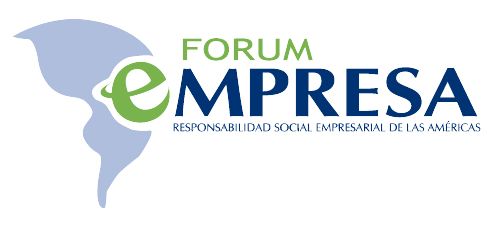Can a company focus on social justice and profitability at the same time? The answer: yes. The example: Numi Organic Tea, the leading importer of fair-trade certified teas in the United States, located in Oakland, California. Numi is a new type of corporation which uses the power of business to solve social and environmental problems.
Our Blog
Gaining Confidence and Credibility with Integral Coaching
My previous post focused on what companies can do from a strategic perspective to break the visible and invisible barriers that hold women back. These initiatives range from changing work policies and practices to shifting existing mindsets. In this post, I’ll discuss how women block their own progress with self-limiting beliefs and what can be done using integral coaching to help them develop effective leadership styles.
After coaching hundreds of women formally and informally over the last 20 years, I find three primary leadership styles that women exhibit that can be obstacles to their success. I will describe the leadership styles below, followed by the real issues behind each style and the integral coaching approach I use to successfully deal with each style.
What Gets in the Way of Women’s Progress in the Corporate World?
Women should reach parity with men in the higher ranks of the corporate world but unfortunately this is not happening. In developed countries like the United States, where women collect 60% of four-year degrees and represent half of the current workforce, the numbers show that progress has yet to happen. Women are getting recruited; but the larger issues arise after they enter the company.
I recently read the book written by the late Ray C. Anderson entitled “Business Lessons from a Radical Industrialist”, published in April, 2011. Ray was the CEO of Interface, a carpet tiles company with annual sales of more than one billion dollars. The book is relevant because it shows the type of corporate leadership we need today to move the sustainability agenda.
Ray embodied the qualities of a responsible leader. At the individual level, he was inspiring and he had a vision. He could see the big picture and the linkages between the economic, ecological and moral factors. He thought short and long term, and he understood that you can’t go on consuming more than your environment is able to renew. He decided to get his petroleum-intensive company off oil, and he set a very ambitious goal for his company to have zero environmental foot-print by 2020.
The September 2011 issue of The Economist shows that with an unemployment rate of 8-11.9%, we are seventh in the world after South Africa, Spain, Ireland, Italy, France and England. An article like this can fuel negative thoughts and attitudes about our country’s state of affairs – thoughts that then transfer to our personal lives and make us feel upset and frustrated about our own financial problems.
I believe it is important to acknowledge and express those feelings when they arise and to take appropriate action. Identifying problem-solving skills and coming up with an action plan will diminish anxiety, frustration and depressive symptoms.
And the truth is that there is still so much to be grateful for.
Caminaba por la ciudad de San José, Costa Rica ayer por la noche con un grupo de 45 profesionales de la RSE de diversos sectores. Admiramos la historia cultural y política de esta pequeña ciudad, reflejada en sus espacios públicos, al tiempo que soñábamos con una mejor sociedad para las futuras generaciones. Al final del recorrido, nos esperaba un delicioso “chifrijo”, plato típico de este país latinoamericano (mezcla de arroz, frijoles y cerdo).
Este grupo de personas se suman a los más de 120 ejecutivos y consultores que he entrenado en los últimos cinco años en el curso organizado por la Asociación Empresarial para el Desarrollo.
Alrededor del “chifrijo” hemos compartido experiencias y generado sinergias, pero lo grandioso de estas personas es que con el paso de los años se han convertido en agentes de cambio dentro de sus organizaciones.
Pages
- « first
- ‹ previous
- 1
- 2
- 3













